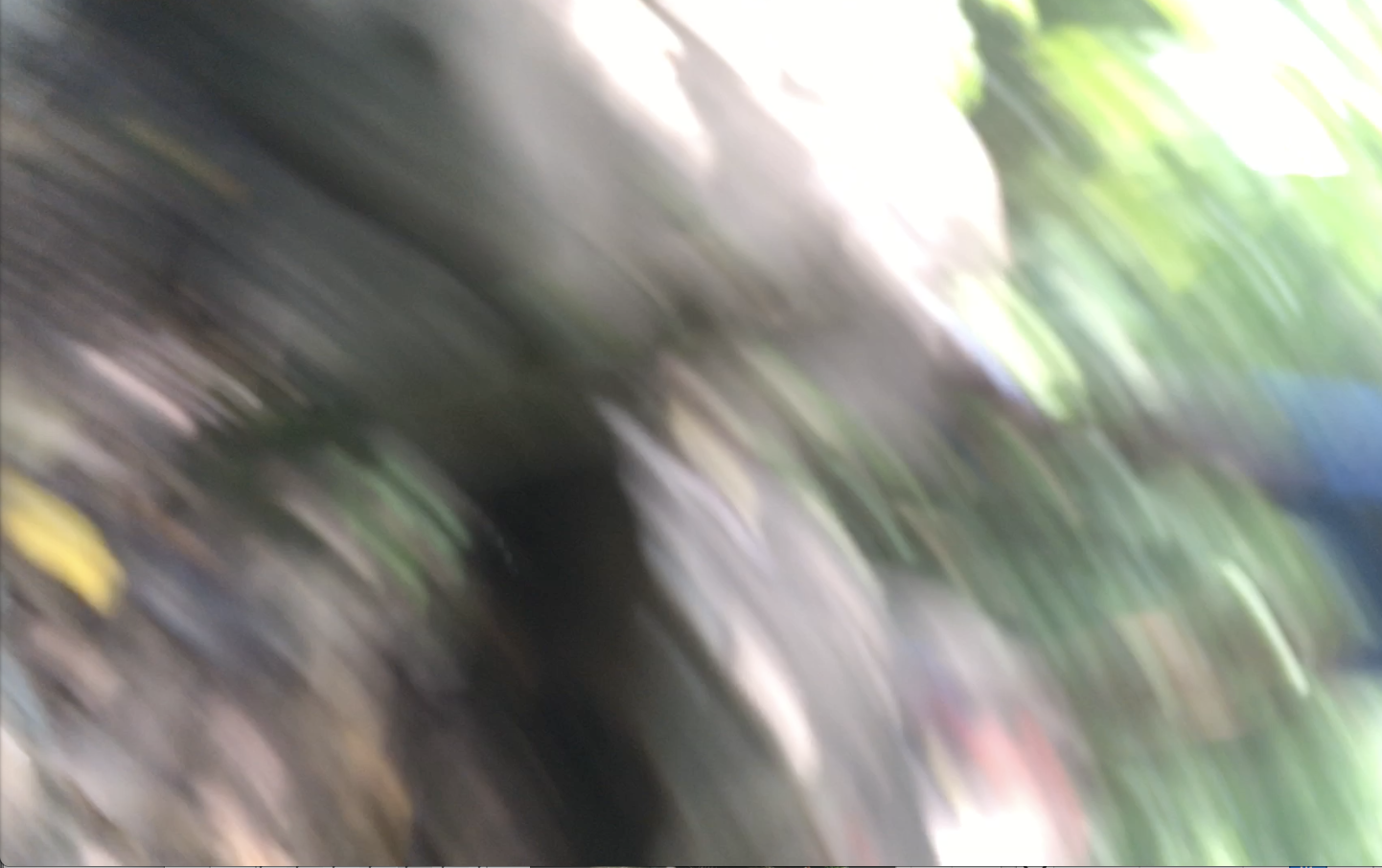How to stay safe on holiday according to a hostile environment expert
The fool who pays his way: Simon Calder gets more risk conscious

My wrist broke the fall, and the fall broke my wrist.
At the precise moment I tumbled from a rocky outcrop high in the rainforest on the Indian Ocean island of Mahé, I did not fully appreciate the benefits of behaving like a complete idiot.
Yet in the many hours I have spent at London’s St Thomas’s Hospital over the past week, I have enjoyed plenty of time to contemplate a couple of advantages of gross stupidity.
1. When there are no mitigating circumstances whatsoever, there is no need to fritter away time or energy feeling resentful about who or what caused one’s misfortune. It was me, stupid, losing my footing while looking at the camera image of the zip wire rather than watching my step.
2. A decent dollop of pain and suffering helps concentrate the mind on the spectrum of risks involved in travel, and how to minimise them.
You are probably wiser than me, and will avoid obvious dangers such as behaving like a lunatic on the edge of a Seychellois ravine. But the start of the peak holiday month is a good moment to listen to the advice of an expert in travel risk.
So I sought the views on minimising dangers from Matthew Harding – a hostile environment expert who, to prove it, once managed to get mugged in Karachi by a policeman.
“The greatest threats facing travellers generally involve road traffic incidents, pre-existing health conditions or endemic health threats,” he points out.
“Crime, natural disaster and terrorism come considerably further down the list, despite what Donald Trump would have us believe.”
On the roads, says Matthew, expect the unexpected: “Vehicles will not follow the rules of the road and will come at you from unexpected angles. Drivers will be very slow to react to changing road conditions and will not stop if you are in their way.”
At hotels, particularly in developing countries, fire is the biggest risk. When you arrive at your accommodation, check the route to the fire exit from your room.
“In the event of a fire, the building will be dark and smoky and you will be scared. If you have previously walked the route, it will be hard wired into your brain and you will get out safely,” says Matthew.
“Walk the route all the way out. This will show you that you can actually get out and that the fire escape works, is not locked or blocked. If the fire escape is blocked in any way, go straight to the management and insist that they fix it straight away, then walk it again.”
Back in the room, check the door and window locks. “If you are concerned about the lock on the door, either get a door wedge and shove it under the door from the inside or wet a towel and roll it up and wedge it across the base of the door whilst you are sleeping – it is a very effective doorstop and will stop anyone coming in.”
Society, as you will have noticed, has become increasingly dependent on smartphones – which have many advantages for travellers. You can store emergency numbers, such as the local British consulate. But do not rely upon your device.
“That exciting trip out to see the ancient ruins on the bus is huge fun until you realise just how challenging the route is coming back alone in the dark,” says Matthew. “Having spent the day taking selfies, with a depleted phone battery, calling for help is not going to be an option.”
Should you find yourself inadvertently in an area which is suddenly dangerous, such as Harare this week after the Zimbabwean elections, move away rather than considering the Instagram possibilities. “We all too often see travellers choosing to hang around and take selfies rather than remove themselves from danger,” he says.
Finally, some advice from me on zip wires, should you choose to film one. Before you move along to take your turn, switch off the smartphone and put it away while you navigate your way across the slippery terrain. Trust me on this.
Join our commenting forum
Join thought-provoking conversations, follow other Independent readers and see their replies
Comments
Bookmark popover
Removed from bookmarks